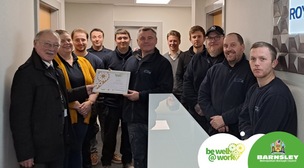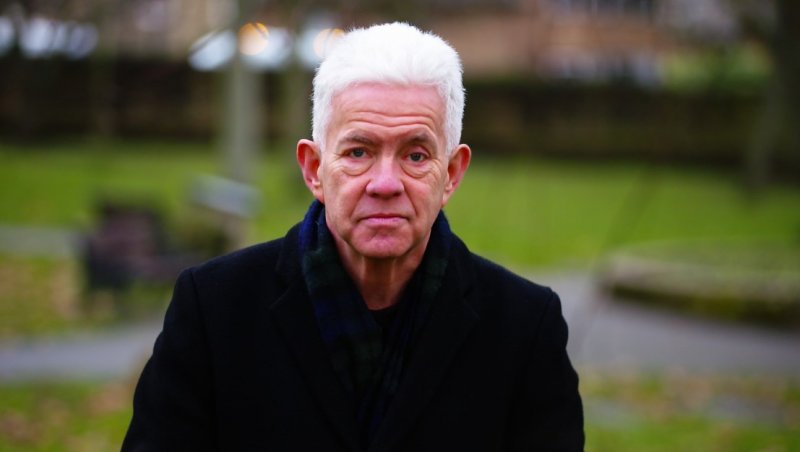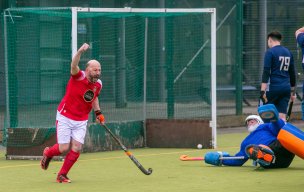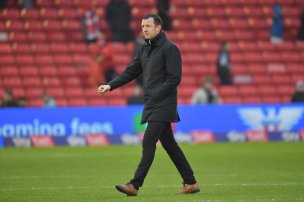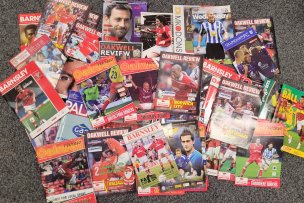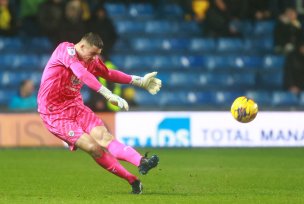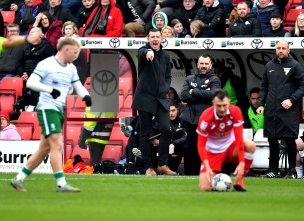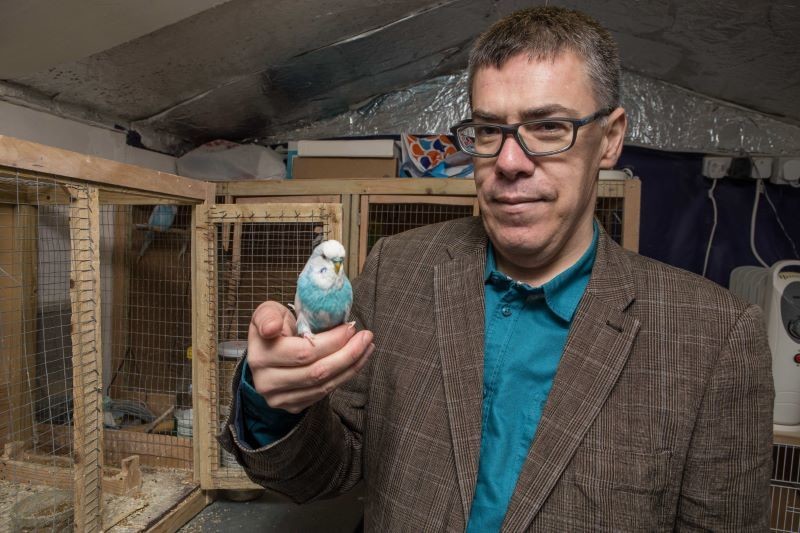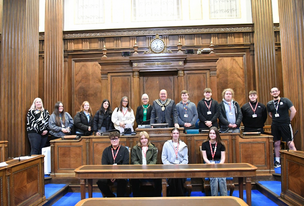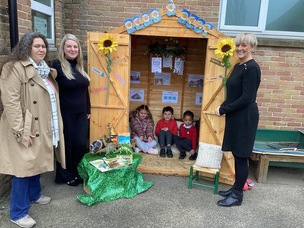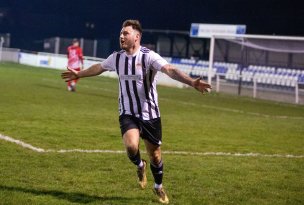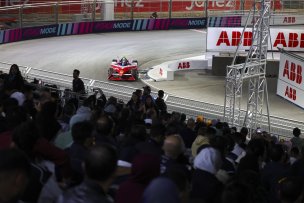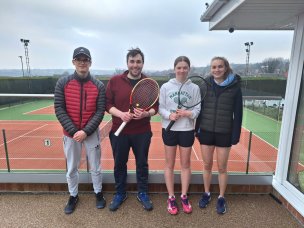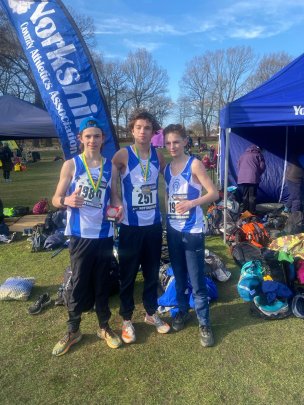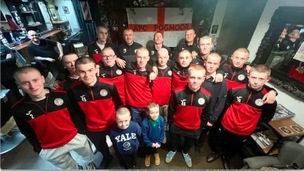HE was Syria’s top UK diplomat but as Khaled al-Ayoubi tends to his garden in an unassuming semi-detached house in Barnsley, he reflects on his defection from the regime.
Khaled was the Syrian embassy’s acting charge d’affaires but resigned after finding himself unable to follow a regime he says is guilty of kill ing its own people.
“I wouldn’t defend things I didn’t believe in, the atrocities, so I left,” Khaled, 47, says.
“It was a hard decision, but I suddenly knew why people run from home. It’s something bigger than you can imagine if you are sitting at home safe.
“Whatever you can imagine, in the position I was in, the damage I could cause was huge.
“I had a good salary, good privilege. But I don’t care about money, I care about peace of mind.
“I sleep with my conscience clear that I’m not supporting the killing of innocent people.”
His resignation was hailed by then Prime Minister David Cameron, who called it ‘one in the eye’ for the regime led by president Bashar al-Assad.
Khaled was a relatively low-level diplomat until he was fast-tracked to the head of the embassy in Belgrave Square, London, in 2012.
Following a temporary cease fire, Syria descended into civil war a week after Khaled’s arrival in the UK.
Eligible for political asylum, Khaled was relocated by the government but separated from most of his extended family, who he now has no contact with.
He said he initially had to ask where Barnsley was, when he was told he would be moved there.
Living with his wife and two children in Worsbrough Common, Khaled initially kept a ‘low profile’ tending to his garden became something to keep his mind occupied.
He found a source of inspiration in Monty Don, presenter of BBC Two’s Gardener’s World.
“Everything he did, I would do,” Khaled says.
“I started learning because I was alone. I was afraid to meet other people.
“I had to think of something to keep myself busy, so I started gardening.”
Khaled says he has always been fascinated by nature.
He had a new species of apple created in Switzerland shipped to his office in the Syrian Embassy, and when he left he kept a cutting from the tree he now has some of the apples proudly on display in a bowl in his front room.
And Khaled’s garden is now full of seven years’ worth of experiments - Bonsai trees, plants bearing several species of the same fruit, and a pond with home-made filtration system.
One of Khaled’s proudest projects is an olive tree a symbol of peace and the oldest product of his homeland he planted.
“The trees last forever,” he says. “Maybe one day someone can find this tree and say it was planted by a Syrian refugee.
“Olive trees used to be one of Syria’s most important products.
“Then people started burning the trees for fuel.”
‘Khaled discovers love for breeding budgies’
AMID the flora and fauna hidden away in Khaled’s garden is the shed where he tends to his birds.
Khaled had kept budgies in the past, as an engineering student at Damascus University, but decided he would hand-rear the birds watching online tutorials and making breeding boxes out of old biscuit cartons.
He initially kept the birds, highly regarded in Syria, inside the house.
But they now live in a shed that Khaled has insulated with tin foil and double-glazed windows which he remarks he was unfamiliar with until he came to the UK.
There are 20 budgies living in the shed, all of them with their own very different personalities.
Khaled says what he likes most about them is that, although they are small, they are ‘tough and brave’ and highly intelligent.
He opens a cage and holds out his hand, and one of the birds duly flies out to meet him.
Khaled says: “People here don’t really care about budgies, but they’re actually very smart animals.
“I like all wildlife and nature, but I don’t have the money to travel.
“I can go out and buy a coffee for £2, or I can buy a plant for £2 and watch it grow. It’s a form of meditation.
“I sit and talk with the budgies and feel like they understand my language.”
He tells the bird to go home and it returns to its cage.
Khaled now documents his life with his birds on a YouTube channel, Happy Parrots.
And after volunteering with Barnsley’s Refugee Advice Project, he is now searching for a job and hopes to gain British citizenship.
Neighbour Melvyn Meade, with whom Khaled tends a selection of berry plants on the land connecting their back gardens, says he is the ‘most lovely man’.
“I never cared who he was,” Melvyn, 70, says.
“We met through gardening and we got on really well. He and his family are so pleasant to be around.
“He’s since told me about everything and I hate to think what the poor lad’s been through.”
And Khaled says he now feels at home in the street.
“My neighbours are fabulous,” he adds. “They’re very helpful and show lots of support.
“I have had the best experience here. It reflects well on the rest of Barnsley. We’re all working together to make the place nicer.
“I’m trying to improve the environment, to create something useful for the community.
“I would like to say thank you to everyone I have met for their support. My neighbourhood, the government, the job centre, all of the community. I am very thankful.”

